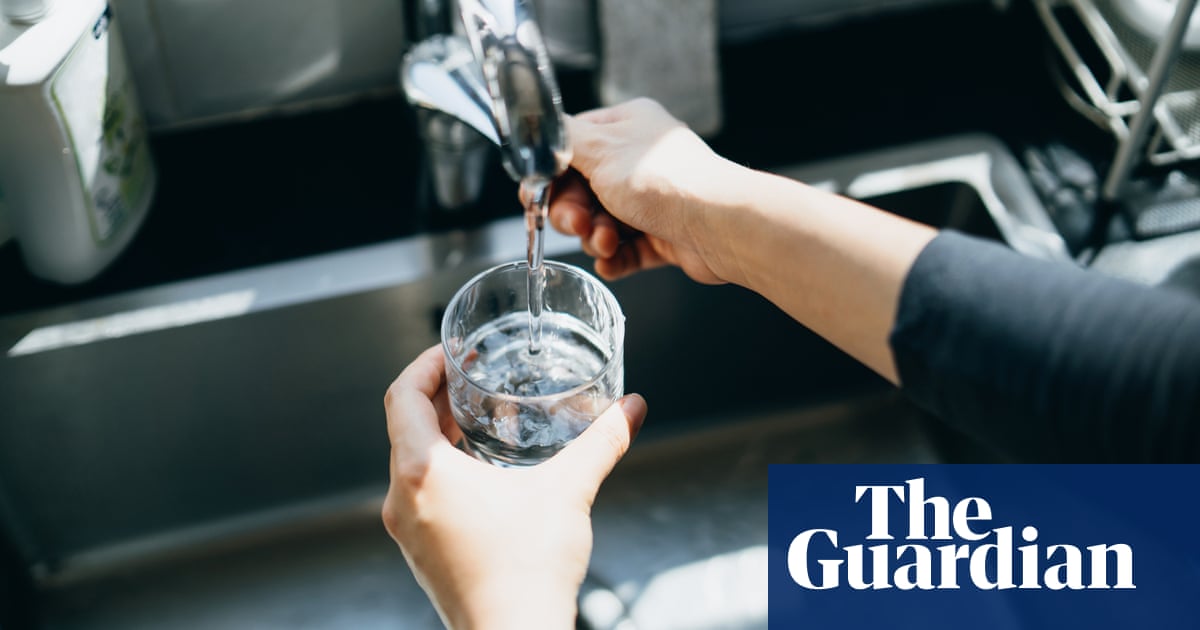- cross-posted to:
- worldnews@lemmit.online
- cross-posted to:
- worldnews@lemmit.online
Potentially toxic “forever chemicals” have been detected in the drinking water sources at 17 of 18 England’s water companies, with 11,853 samples testing positive, something experts say they are “extremely alarmed” by.
Per- and polyfluoroalkyl substances (PFAS) – a group of 10,000 or so human-made chemicals widely used in industrial processes, firefighting foams and consumer products – were found in samples of raw and treated water tested by water companies last year, according to the Drinking Water Inspectorate (DWI), the Guardian and Watershed Investigations has found.



invented by Teflon as a water proofing coating for ww2 tanks, PFAS was repackaged and sold as kitchen utensil coating since the 1950s and featured in the 2019 film Dark Water. Teflon knew about its carcinogenic nature as its own employees died or had deformed children. The chemical is present in every human on the planet and its passed through reproductive systems.
cheerful stuff
If you donate blood, you also remove the PFAS in that blood from your body too. Donating blood is an altruistic act (at least in Canada, you cannot be paid for it), but it doesn’t mean you can’t enjoy a little side benefit. Blood letting is sometimes still a legitimate therapy for specific things.
The problem is with how wide-spread it is, even if you get rid of it through blood donation you’re still going to pick it back up again by eating and drinking. There’s no escaping it; what we need is to stop using it, and figure out how to properly remove it from the environment.
It’s tough, though, because many daily use items in every industry and household contains them.
For now, the best we can do is avoid items made with them (to the best of our knowledge), filter all our water, avoid food sources known to contain high amounts of it, and spread the word
something wrong with the logic. Donating blood might remove it from you but its going in somone else?
im also not convinced donating blood removes anything if its in your pancreas.
You’re right, its going into someone else. Someone else who’s probably going to die in a more immediate circumstance than PFAS poisoning.
blood you donate doesnt always go into someone else. I don’t know the stats for what fraction gets transplanted, but researchers also use blood for different reasons.
but there is no uncontaminated blood, its in everyone. Im just saying dont kid yourself
Highly recommend watching Dark Water, as well as the documentary, “The Devil We Know”, which I believe is on Netflix, at least in the states.
Since watching those, all my cookware is either stainless steel or cast iron and I don’t buy anything marketed as non-stick. Didn’t think a movie and documentary could get to me that much but here we are!